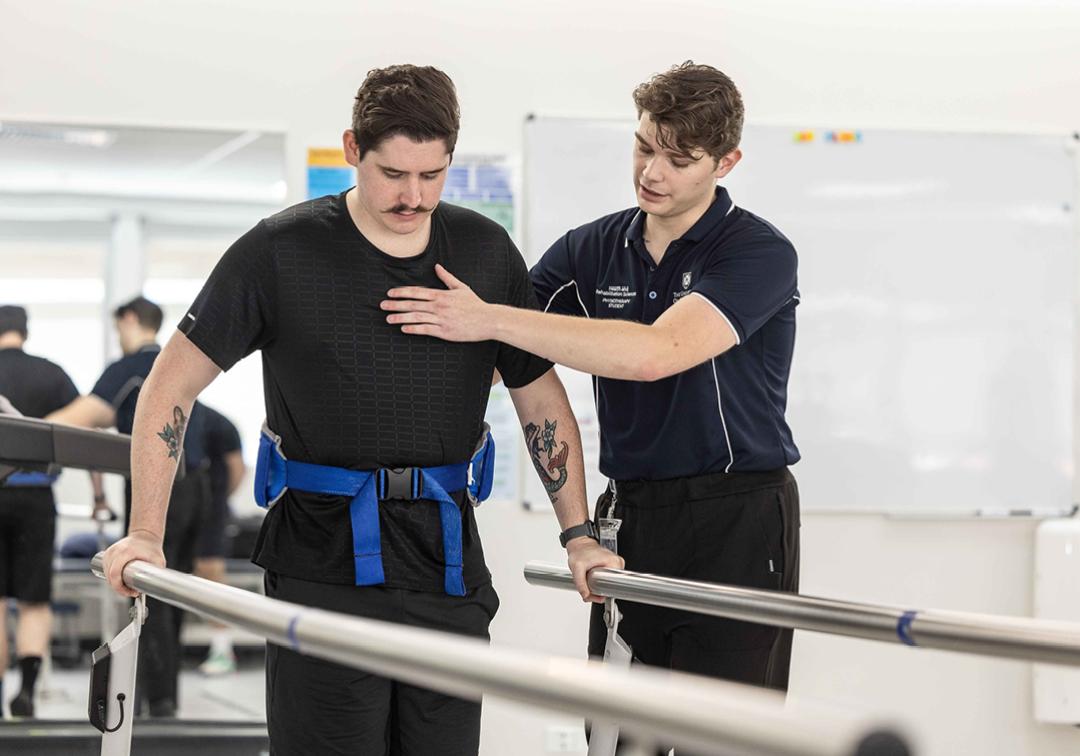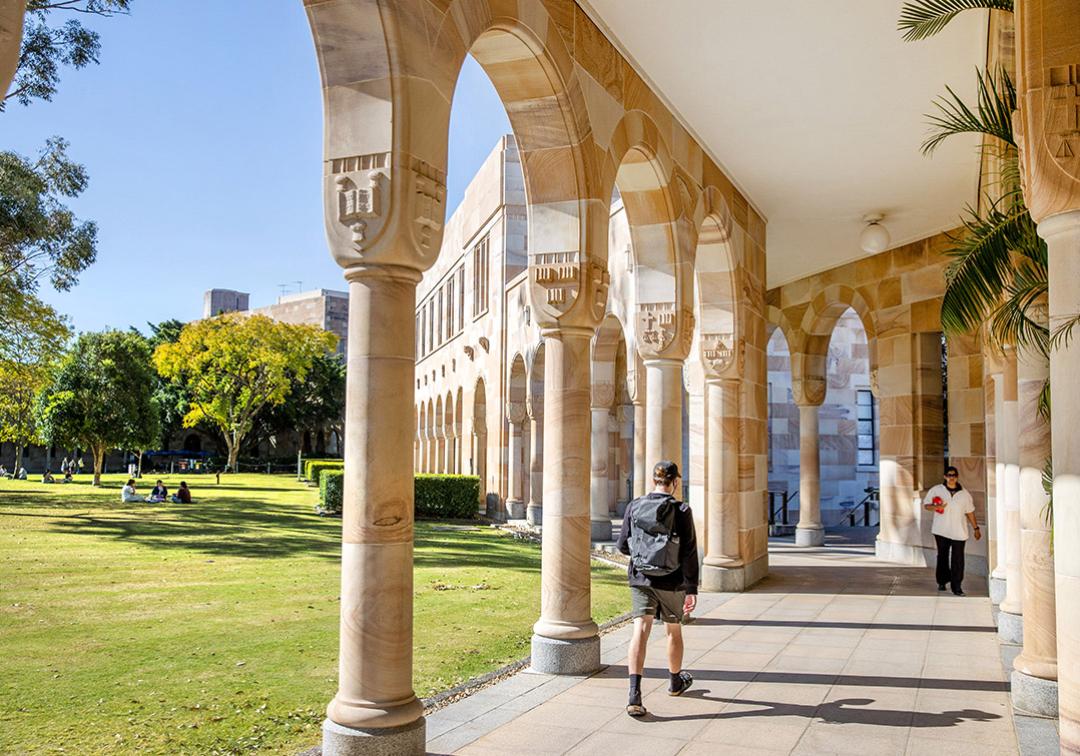
Diploma in Science
Overview
Build on your bachelor’s degree and unlock pathways to honours or postgraduate programs.
The Diploma in Science is designed for graduates from any field.
This flexible program lets you spend a year (or part-time equivalent) studying a science area of interest.
Ideal for meeting program prerequisites, preparing for the GAMSAT (Graduate Medical Schools Admission Test), or professional development, the diploma allows you to complete a minor or select courses without a declared minor.
Depending on the minor you choose, you may need to complete the diploma part-time over 3 or 4 semesters due to prerequisite course requirements.
Program highlights
- Complete additional science courses and gain further qualifications.
- Broaden your knowledge to qualify for honours or postgraduate programs.
- Tailor your diploma to your interests with a variety of science minors and relevant courses.
Majors
Tailor your studies to suit your goals. This program offers these options:
- Applied Mathematics
- Archaeological Science
- Astrophysics
- Biochemistry and Molecular Biology
How you'll learn
Your learning experiences are designed to best suit the learning outcomes of the courses you choose.
- Lectures
- Tutorials
- Laboratory work
- Workshops
What you'll study
At UQ, degrees are called 'programs' and subjects are called 'courses'. Here's a sample of the courses you could study in this program:
- Theory & Practice in Science
- Introductory Chemistry
- Physical Basis of Biological Systems
- Basic Mathematics
Events
See all events
9 June
Master of Physiotherapy information webinar
Stories
See all stories
Uni life
What's it really like to study science at UQ?
9-minute read

UQ people
Turning her curiosity into a healthcare career
4-minute read
Stories
See all stories
Uni life
What's it really like to study science at UQ?
9-minute read

UQ people
Turning her curiosity into a healthcare career
4-minute read
Entry requirements
Prerequisites
Prerequisites
Student visas
International students who are accepted into full-time study in the Diploma in Science are eligible to apply for an Australian student visa (subclass 500).
There are a number of requirements you must satisfy before a visa is granted, including the Genuine Student (GS) requirement.
Who you'll study with
Here's a snapshot of our student intake for this program in Semester 1, 2025:
| Applicant background | Number of students | Percentage of all students |
|---|---|---|
(A) Higher education study | 28 | 100% |
(B) Vocational Education and Training (VET) study | 0 | 0% |
(C) Work and life experience | 0 | 0% |
| (D) Recent secondary education | ||
| 0 | 0% |
| 0 | 0% |
| 0 | 0% |
International students | 0 | 0% |
Total | 28 | 100% |
"<5" — The number of students is less than 5.
N/A — Students not accepted in this category.
N/P — Not published. The number is hidden to protect the privacy of students in other cells.
Minors
Minors
Tailor your studies to suit your goals. This program offers these options:
Minors
Tailor your studies to suit your goals. This program offers these options:
Fees and Scholarships
Indicative annual fee
Approximate yearly cost of tuition (16 units). Your fees will vary according to your selected courses and study load. Fees are reviewed each year and may increase.
$8,480
2026
Government assistance
Financial aid
As an international student, you might be eligible for financial aid – either from your home country, or from the Australian Government.
HECS-HELP
Domestic places in the Diploma in Science are Commonwealth supported, as long as you meet all Commonwealth supported place eligibility requirements.
This means the cost of your education is shared between you and the Australian Government. Instead of tuition fees, Commonwealth supported students pay what are called student contribution amounts.
If you have a Commonwealth supported place, you may also be eligible for HECS-HELP. This is an Australian Government loan scheme to assist eligible students with the cost of their student contribution amounts.
Centrelink support
The Australian Government offers a number of income-support payments to eligible Australian university students.
Scholarships
You may be eligible for more than 100 scholarships, including:
How to apply
Applying through QTAC
All domestic applications should be submitted to the Queensland Tertiary Admissions Centre (QTAC).
The QTAC code for the Diploma in Science is 731801.
Important dates
If you’re studying Year 12 in Australia, go to the QTAC website to check the closing date for this program.
If you’re applying to UQ, the closing date for this program is:
Visa processing times vary. Apply and accept your offer as early as you can.
To learn more about UQ dates, including semester start dates, view the Academic Calendar.
Important dates
To check the closing date for this program, go to the QTAC website.
To learn more about UQ dates, including semester start dates, view the Academic Calendar.
Aboriginal and Torres Strait Islander applicants
For support with applying – or if you have any questions about university life – get in touch with our Aboriginal and Torres Strait Islander Studies (ATSIS) Unit.
Explore other programs
Express yourself. And your interest.
They say choosing a degree is hard, which is why we've made it easy. Register your interest and we'll send you everything you need to know about applying to UQ.




